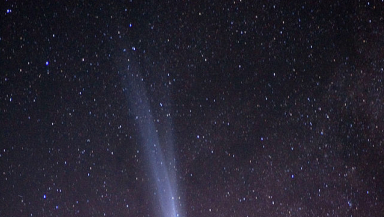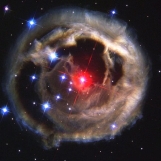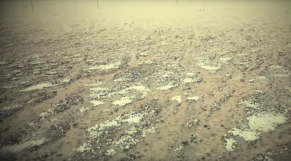
For many species that already became extinct, including dinosaurs, death did not come from Earth. It came from above.
A recent study published in the journal Monthly Notices of the Royal Astronomical Society concluded that comet strikes caused many mass extinctions over the past 260 million years.
The research team, led by geologist Michael Rampino from the New York University, reached this conclusion after discovering that five of the six largest impact craters from the last quarter-billion years dated back to the same time mass extinctions took place.
Rampino and his co-author Ken Caldeira of the Carnegie Institution for Science's Department of Global Ecology particularly took advantage of newly revised, more accurate estimates of crater ages in doing their study. They specifically conducted time-series analyses of impacts and extinctions using the newly available data.
"The correlation between the formation of these impacts and extinction events over the past 260 million years is striking and suggests a cause-and-effect relationship," Rampino explained in an article on Space.com.
Included in the impact craters studied by the research team was a 112-mile wide vent that dates back to 65 million years ago—around the same time that dinosaurs went extinct.
"This cosmic cycle of death and destruction has without a doubt affected the history of life on our planet," Rampino said.
Also included in this study is the so-called "The Great Dying," which wiped out 90 percent of the Earth's species at the end of the Permian geologic period.
Scientists believe that our solar system travels through the Milky Way galaxy's dense mid-plane every 26 million years. In this position, the Earth and other planets become more vulnerable to comet strikes.
Rampino suggested in a study earlier this year that dark matter may further contribute to mass extinctions by heating up the Earth from the inside. Doing this, according to Rampino, may lead to huge, climate-altering volcanic eruptions that can bring apocalypse to the planet.
















